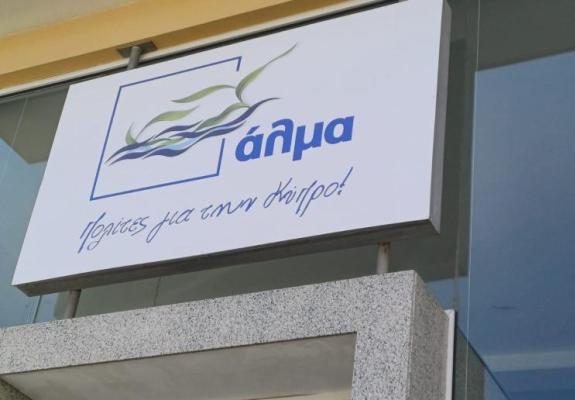Proposed Amendment Poses Serious Threat to Press Freedom in Cyprus
Debate Over Press Freedom and Online Conduct
A proposed amendment that criminalizes the dissemination of fake news, threats, insults, and obscene images online will be presented to the Cyprus Parliament in September. The amendment seeks to reclassify these offenses from civil to criminal, with penalties including up to five years of imprisonment.
The issue was discussed on Wednesday morning during a session of the Parliamentary Legal Affairs Committee. Assistant Attorney General Savvas Angelides and Committee Chairman Nikos Tornaritis expressed support for the amendment, while the Cyprus Union of Journalists and the Cyprus Newspaper and Magazine Publishers Association opposed it.
Speaking during the session, Mr. Angelides highlighted the destruction and public humiliation caused by false publications to families and young people. He emphasized the need to address the modern methods of committing criminal offenses.
Mr. Angelides also noted that 90% of complaints received by the Legal Service involve young people facing threats and extortion.
The representative of the Cyprus Bar Association, Elias Stephanou, stated that the amendment essentially abolishes journalistic confidentiality. He suggested that investigations into journalists should only be initiated by order of the Attorney General.
Eleni Mavrou, representing the Cyprus Newspaper and Magazine Publishers Association, argued that the amendment "criminalizes journalistic work through the back door" and violates media freedom. She stressed that journalists would have to prove their innocence, adding that the threat of criminal prosecutions and police investigations by those intolerant of criticism would harm democracy. She stated that this would punish journalists while encouraging anonymous online behavior.

The President of the Cyprus Union of Journalists (CUJ), George Frangos, expressed the concerns of the journalistic community during the Legal Affairs Committee session. He warned that if the proposed amendment is passed as it stands, it will result in the erosion of freedom of expression and press freedom.
"Given that anonymous social media accounts engaging in such behaviors will remain immune, journalists and the media will bear the brunt, forced into further self-censorship," noted Mr. Frangos, adding, "We will resist to the end."
"We do not seek exceptions for journalists. We want journalists to be judged like other citizens," clarified the CUJ President. However, he feared that "this legislation will lead to the targeting of the journalistic community and diminish the scrutiny of all forms of power."
In response to a question, Mr. Frangos said that the terms used in the amendment are subjective and vague, as the Attorney General will decide what constitutes subversion and defamation. "The crucial difference is that defamation, previously a civil offense, is becoming a criminal one again. This, I believe, is a regression in the democratic progress of the country," he concluded.






